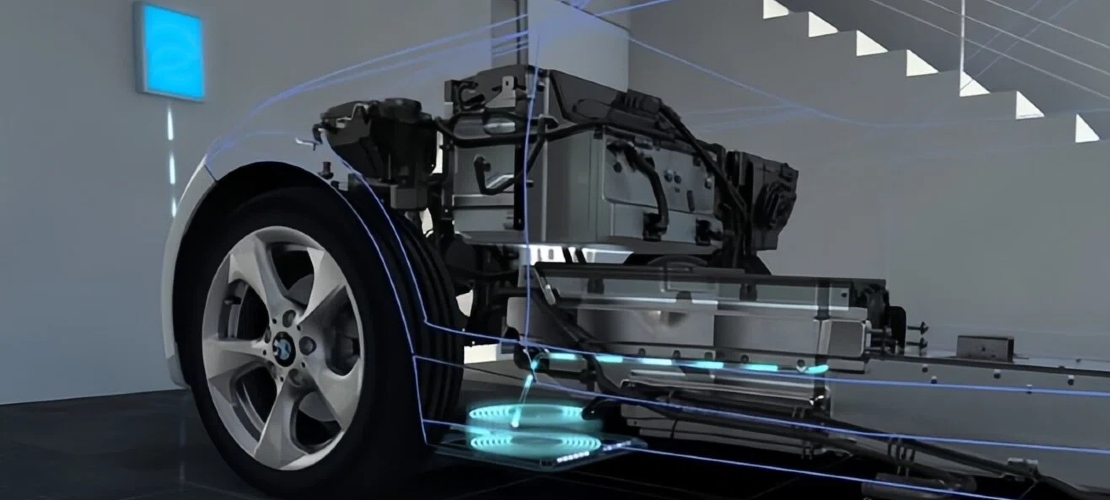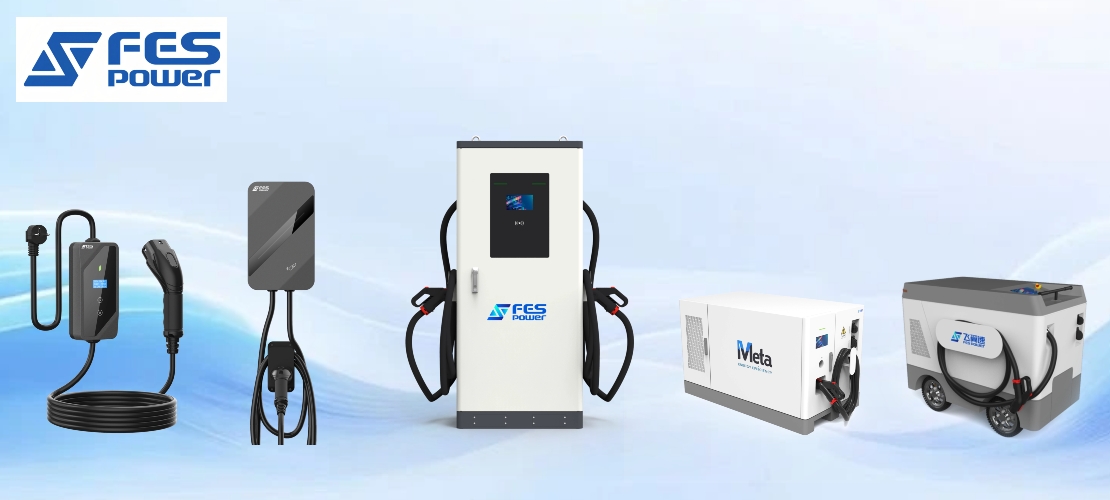- Call Us : +86-15060765919
- Mail Us : bella@fespower.cn
A New Chapter in EV Charging Convenience
In the evolving landscape of electric mobility, wireless EV charging is quickly moving from concept to reality. Instead of handling heavy cables or exposed connectors, drivers could soon charge their vehicles simply by parking — much like how smartphones charge on a pad.
The technology aims to eliminate daily charging hassles while improving safety and usability, especially in public and residential areas. As urban mobility infrastructure becomes more intelligent, this form of “invisible charging” is gaining strong momentum worldwide.

The Science Behind the Simplicity
Wireless charging, also called inductive charging, works through electromagnetic fields. A ground pad with a transmitter coil generates a magnetic field, which is captured by a receiver coil in the EV to produce electricity.
The process may sound futuristic, but recent advancements have raised efficiency levels above 90%, even with minor misalignment between coils.
From Prototype to Real-World Application
Pilot projects are already appearing in Asia, Europe, and North America. Public transport fleets, taxis, and delivery vehicles are the first to benefit — vehicles that move frequently and require fast, automated charging between operations.
For companies like FES Power, this evolution is not just a technological leap, but a step toward integrated smart-charging ecosystems. The company’s ongoing research explores how to blend wireless charging modules with its modular DC chargers and energy storage systems, aiming for a seamless connection between hardware and smart grid management.

Overcoming Barriers to Adoption
Despite its promise, wireless EV charging faces several challenges before mass adoption:
However, continuous innovation — particularly in magnetic resonance technology and smart control algorithms — is steadily narrowing these gaps.
The Vision Moving Forward
FES Power envisions a future where charging is automatic, safe, and integrated into daily life. By focusing on interoperability and intelligent energy flow, the company aims to help cities and fleet operators embrace a more efficient, low-carbon charging model.
Wireless technology may soon make the act of “plugging in” obsolete — transforming how we think about both mobility and energy.